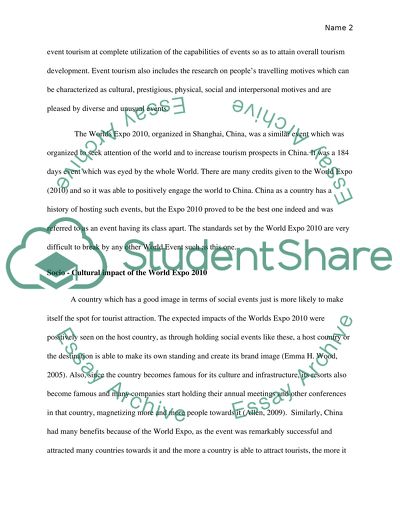Cite this document
(“The impacts of events Assignment Example | Topics and Well Written Essays - 2000 words”, n.d.)
Retrieved from https://studentshare.org/tourism/1469849-the-impacts-of-events
Retrieved from https://studentshare.org/tourism/1469849-the-impacts-of-events
(The Impacts of Events Assignment Example | Topics and Well Written Essays - 2000 Words)
https://studentshare.org/tourism/1469849-the-impacts-of-events.
https://studentshare.org/tourism/1469849-the-impacts-of-events.
“The Impacts of Events Assignment Example | Topics and Well Written Essays - 2000 Words”, n.d. https://studentshare.org/tourism/1469849-the-impacts-of-events.


